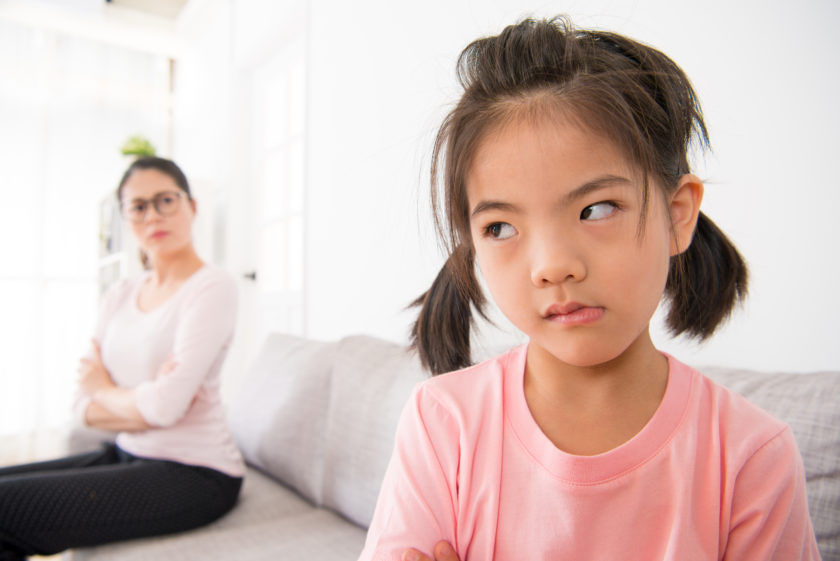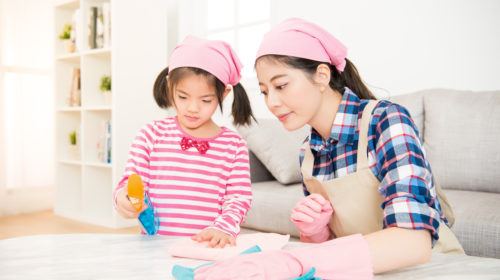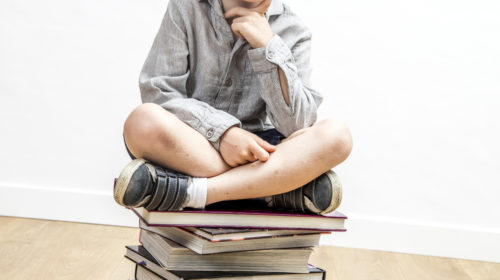What to do When Your Child Gets Angry
“No, I don’t want to do it!” is what I used to hear from my children when they were angry and when they did not feel like listening. A lot of times, many parents send their children off to their rooms to calm down, because most parents need that time to compose themselves and figure out what the next course of action should be. Another concern is that the child needs to relax and sending the child to the room seems like a logical first step in order to deal with their behaviors.
When we send our angry child to their rooms they will indeed simmer down but there are other messages that our children will pick up along the way if we ignore what is actually troubling them:
- No one is listening to what is upsetting me.
- When we are angry the best thing to do is to bury those feelings.
- No one cares enough to listen to what I am angry about.
- I am being treated this way because you are angry at us.
The problem with the last point is that when we have all these feelings bottled up inside of us it is likely to explode at some point and feelings are left unresolved.
We need to teach our children how to manage their anger instead of suppressing it. This can last well into adulthood and as adults it can be exhibited through emotional eating, yelling at our children and throwing tantrums with our significant others, later on in life, as we grow up. We need to be able to learn to manage our anger responsibly and resolve our issues.
The first step of acting responsibly is to learn techniques on managing that anger. People that are able to handle their anger are also able to handle the stress emitted from it. When your child gets angry:
Keep yourself under control. There’s no emergency going on. This will also model positive behavior in your child. It will teach him or her to regulate their anger and feel safer.
Try to see things from his or her point of view. When people feel like they haven’t been heard their anger escalates. In contrast, when we try to understand why they are angry they are more successful at calming down. The more compassionate you can be the more likely your child is to regain his or her composure even if things do not go his or her way.
As the adult, don’t get hung up on rudeness or personal attacks thrust against you by your child. He or she lacks the ability to show you how he or she feels in any constructive way. Your child doesn’t hate you he or she feels hurt and is unable to handle the strong feelings he or she is exhibiting. Get your child to talk out how they are feeling and understand why they are angry.
Remember, anger is a response to when they feel threatened. This is also the reason why children overreact to minor situations with rage. For a child, the smallest of crises can seem like the end of the world.
Make it easy for your child to look past their emotions and anger. Help them to feel safe. Once they are past that, allow them to talk it out. Voicing their emotions can be quite cathartic for your child.
Accepting your child’s emotions and showing your own compassion towards him or her are the first steps in allowing the healing process to begin. This in turn can allow your child to mature emotionally and it will also allow him or her to grow maturely into adulthood.
https://www.ahaparenting.com/peaceful-parent-happy-kids




